QuICK Platform
Quantireal's Integrated Cross-platform toolKit, or QuICK, is an application development and deployment platform. As a host platform for computational libraries and applications, QuICK helps reduce code fragmentation, while fostering creative application development autonomy. The platform provides extensible programming constructs with diverse data types that are automatically translated into graphical user interface objects. QuICK supports APIs in multiple programming languages and has several graphically programmable attributes. It is privacy focused and was built with user data isolation in mind. QuICK adheres to a ‘program once and deploy everywhere' philosophy, by supporting multiple operating systems and architectures. All Quantireal applications and algorithmic libraries are developed and published on QuICK. Read on to learn more
A persistent data model with support for diverse data types
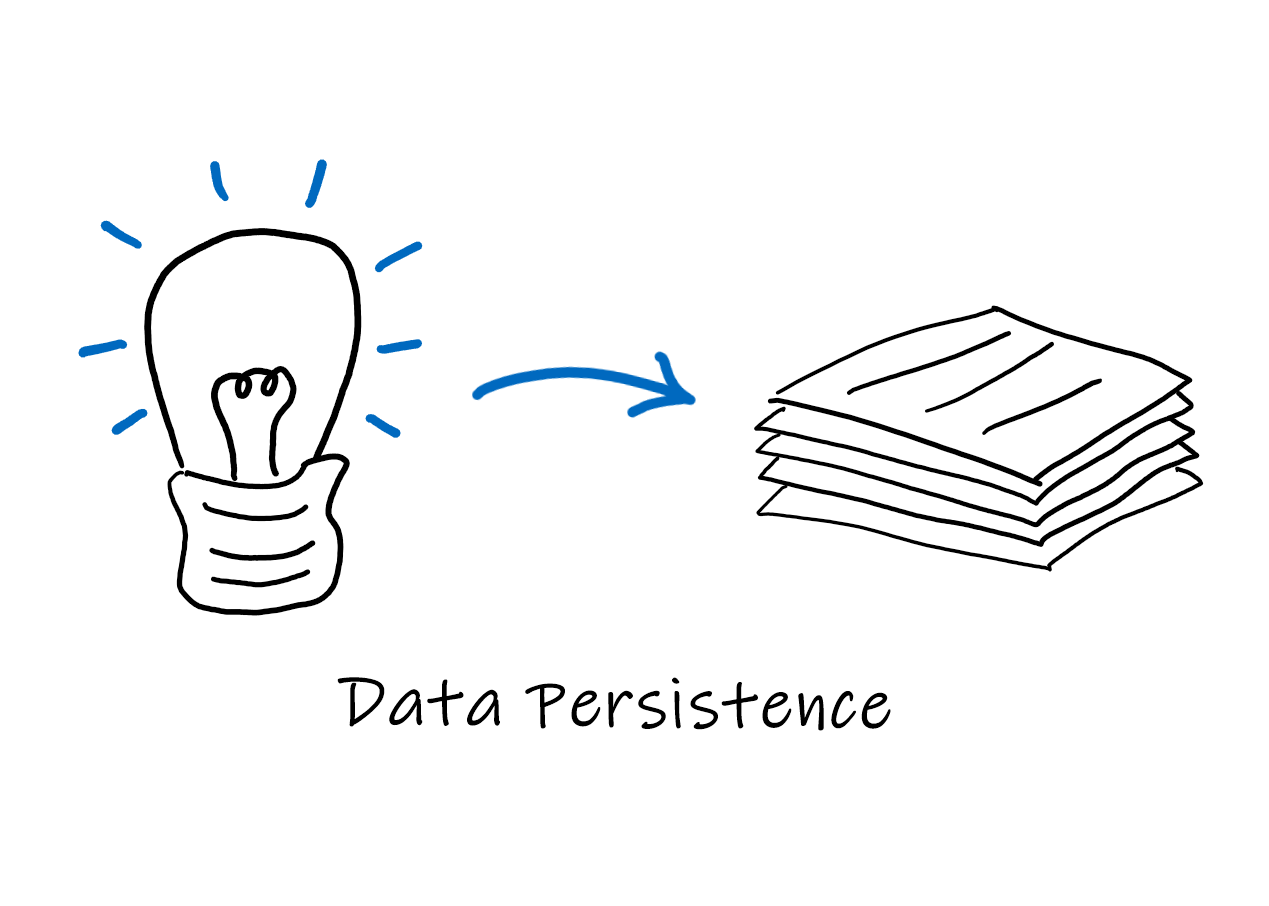
A robust data model is key to the interoperability of various disjoint components of a large process pipeline or application. It gives the components the ability to understand and talk to each other. QuICK provides a data model in its development framework that supports properties of a wide variety of primitive data types (integer, floating point, string, etc.), complex data types (media files, encrypted data, unstructured mesh, matrices etc.), container types (pointers, vectors, maps, etc.), and member function types. This data model can be derived to extend its functionality. It is persistent and can be journaled as required.
Auto generated graphical user interface widgets
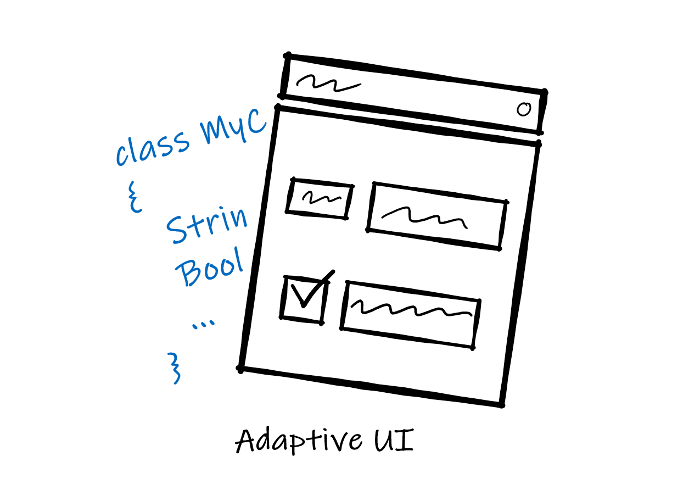
Following up on the QuICK data model, the QuICK interface has the ability to automatically generate graphical widgets for the data types, data containers, member functions etc., based on default or developer preferred settings. When the auto generated graphical user interface is not sufficiently customized for the developer, a graphical layout organizer can be utilized to get the layout right with ease using QuICK. The transition from raw data to a graphically viewable and interactive widget is generally effortless. This makes the development process more data focused and less about manipulating the graphical layout.
Abstracted common core functionalities and extensible specialized libraries
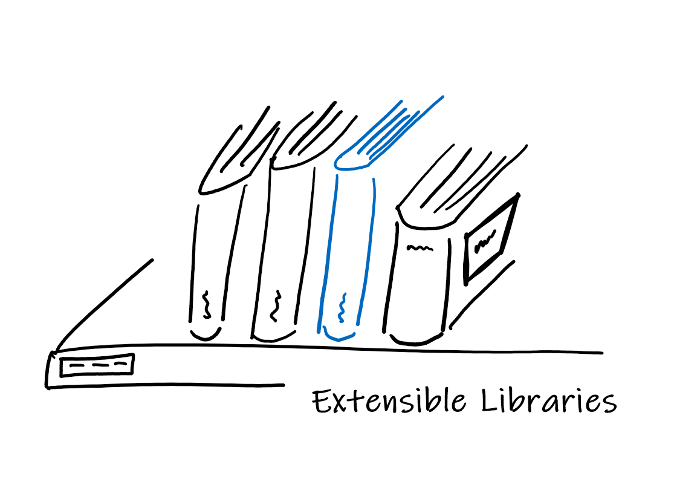
Along with the robust data model and auto-generated GUI, QuICK provides a variety of other common core functionalities through its ever growing APIs. Common core functionality includes libraries for processes like data encryption, secure network communication, file transfer, mobile client objects, video/image codecs etc. Outside of common core functionalities, at Quantireal we are developing specialized libraries in fields that include geometry, spatial discretization (meshing), linear algebra, machine learning and several more. With our aim of reducing code fragmentation and increasing code reuse, an expansive yet consolidated library is our basis to create and publish commercial grade user focused QuICK applications.
APIs available in multiple programming languages
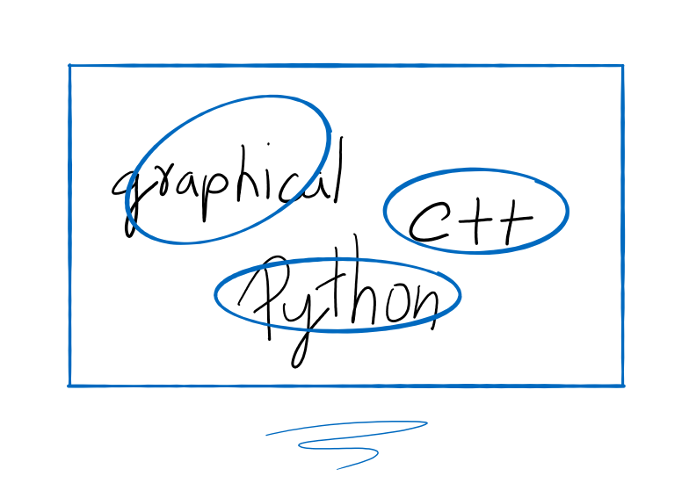
QuICK provides access to common core and specialized functionality through various APIs available in multiple programming languages such as C++ and python. Several aspects of QuICK application programming can be done in a language agnostic way, using its class and library design tools. In addition, graphical user interface layout design customization can be done using graphical layout tools as mentioned above.
Multi OS support for desktops and servers running Linux, Windows and MacOS
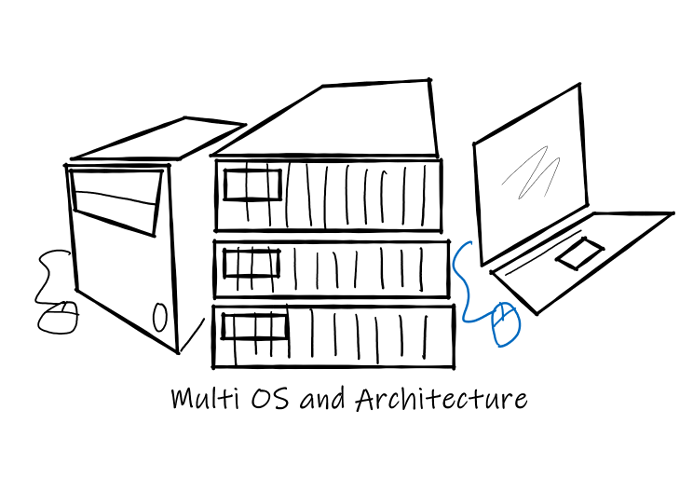
QuICK can be installed on any of the popular operating systems such as Linux, Windows and MacOS. Laptops, desktops, servers or tablets that reside in your personal network could be interconnected using QuICK peer communication libraries enabling the implementation of a host of inter-device distributed applications.
Clients for mobile platforms
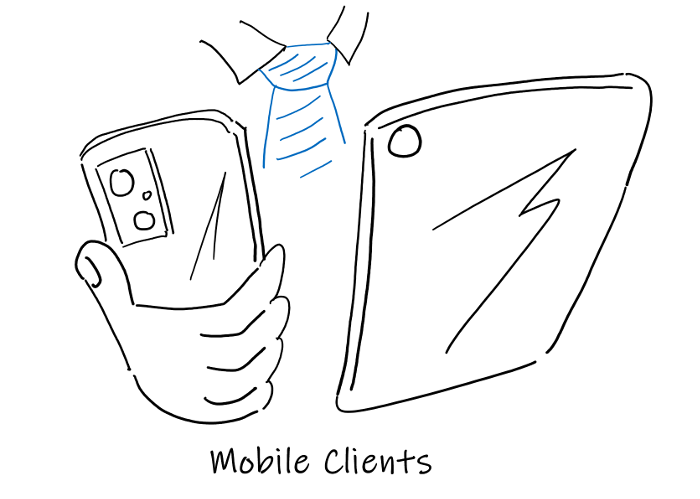
The QuICK Mobile app, available on Google Play and on the Apple Appstore [available upon release] works as a mobile client to communicate with any desktop/workstation installed QuICK applications. Alerts, notifications, desktop process updates can be sent to the users mobile devices thus providing capabilities of real time feedback and updates.
End-to-end encryption
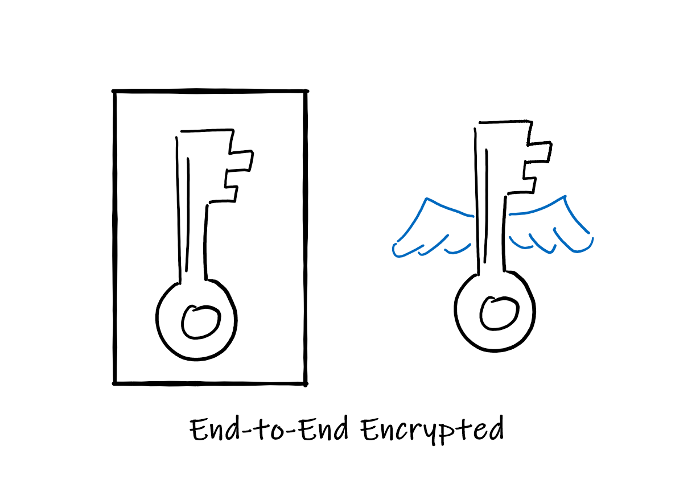
Using state-of-the-art TLS encryption protocol for all communications, QuICK ensures data security in-transit. Whether communicating over LAN or WAN, data integrity and privacy are fundamental to TLS-based communication. Both server-client communication and peer-peer communication systems employ the latest cryptographic convention.
Single sign-on user profile management
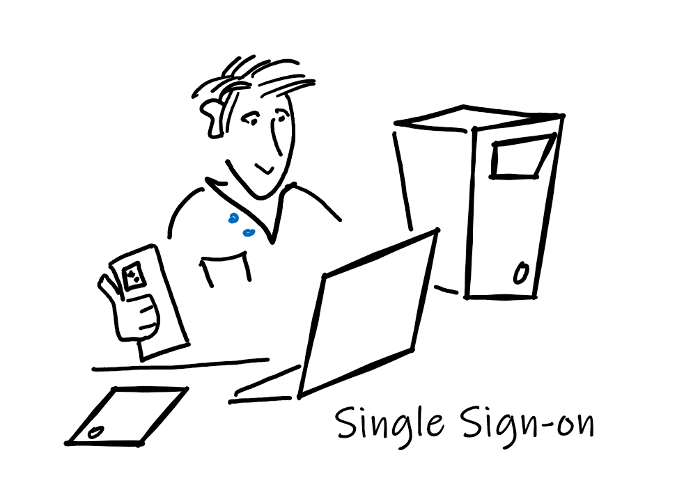
QuICK uses multi-factor authentication for user registration, login and profile management. With QuICK installed on your system, you can download and install new apps from within QuICK itself. A single username and password for QuICK works across all the apps and all devices with QuICK installed. License management, payment management for all the apps can conveniently be performed from the user profile page in QuICK.
Privacy Focused
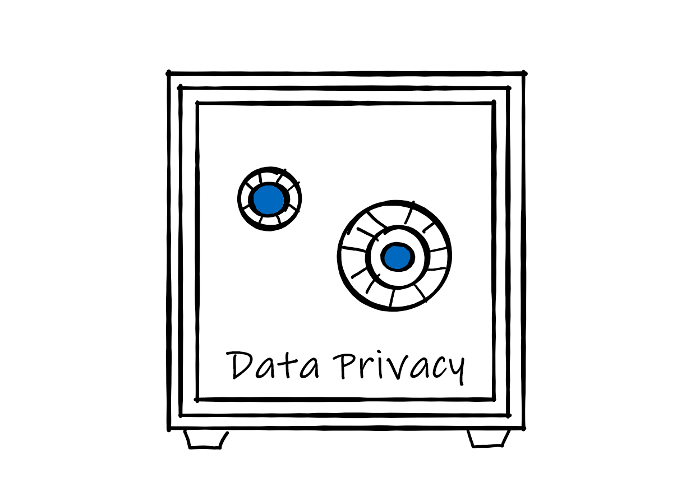
Other than the single sign-on user profile management system, device discovery and handshakes, there is very little, if any, user data that passes through Quantireal servers. Almost all communications between QuICK installations is based on peer to peer communications that don't route through any of our host servers. Check our Privacy Policy for more information about what data we collect and store on our servers.